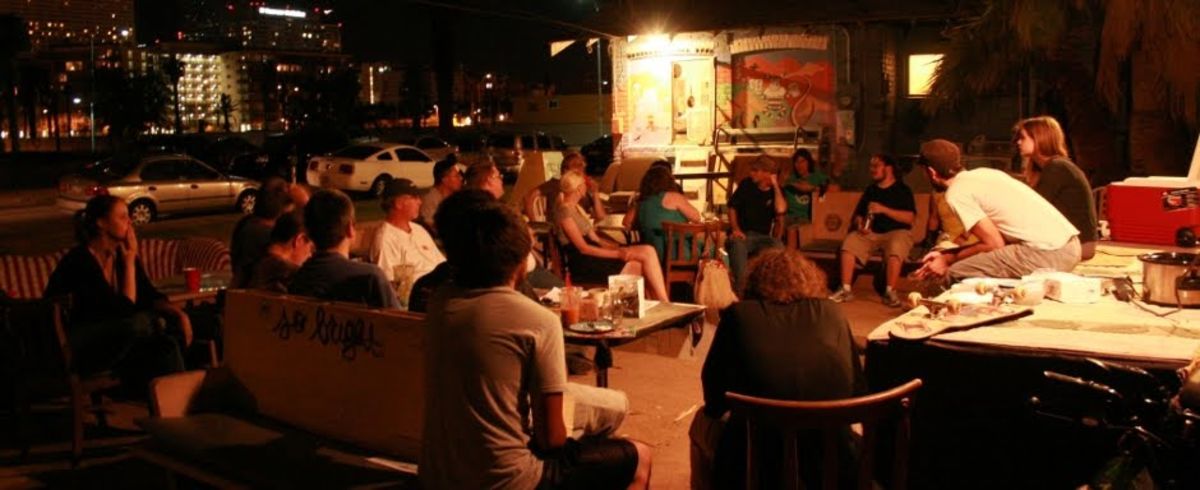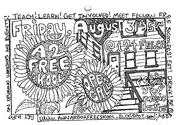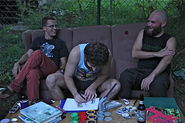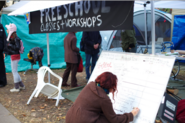-
About
- About Listly
- Community & Support
- Howto
- Chrome Extension
- Bookmarklet
- WordPress Plugin
- Listly Premium
- Privacy
- Terms
- DMCA Copyright
- © 2010-2024 Boomy Labs


 Kendra Brea Cooper
Kendra Brea Cooper
Listly by Kendra Brea Cooper
Community based free schools (or free skools) are places that oppose hierarchy, and are organized through grassroots community action. Everyone has something they can learn, and everyone has something they can teach. A free school is a space for connection, growth, and free learning.

The best way to get the word out about a possible free school is to start a conversation. Research other free schools and gather some info. Take that inspiring stuff and bring it up the next time you're hanging out with some friends.

Make some wonderful eye-catching posters/flyers. Post them around the neighbourhood. If you have the time, you could start a page on Facebook or Tumblr. Anything helps. It's best to highlight the parts about free schools that make them unique, radical, and community oriented.

Once people become interesting, have a general meeting and throw out some ideas. Here is where you can see what everyone else has to offer, and what you can offer to make this a great free school. Everyone should have equal say, and all opinions and thoughts taken into consideration.

Finding a space can be difficult. If you have access to a community space, that's great, use it! The space might change weekly, maybe from living room to living room, or park to park. If it's a great day, don't be afraid to sit at your local park and have a workshop.

Learn about the history and chat people up about it. Remind them why the free school is so important to the community. Let them know that they have a skill they can share, and learn a new one through the school. This is for everybody.

It's free. Learning is free. Teaching is free. Money should never hinder someone's ability to learn something new.

Making sure the space is accessible to people will all different kinds of abilities and learning styles is very important. It may take extra effort, but we're trying to create a world where we make the extra effort to address the needs of others.

Leave the ideas for classes totally open. Everyone has something to offer. There can be classes on everything from "Vegan Baking" to the "History of Class War". Anyone of any age can teach and learn. Children are great teachers. 98 year olds are great teachers. Workshops can be loosely organized and teaching can come from all different angles. Structure and organization can mean different things to different people.

Sometimes finding supplies for courses/workshops can be difficult. They might even cost money. As a group, you could make up a list of needs, and see where you could scrape them up with out having to shell out cash. Freegan dumpster diving, supplies in your own home, and free shops are great places to find what you need. Sometimes it's right under your nose.

The more we volunteer and share our time for this kind of project, the more we become connect as a community. It's about sharing skills, and learning new ones, to grow as a whole. There is power in that. Feeling connected to your community is the most empowering thing ever. Volunteering is far more rewarding than expecting payment. We do this for each other, our children, and for the betterment of society.

After you've figured out who is teaching what, and put together some workshops, it's time to send out the schedule. Organization is key but it doesn't have to be set in stone or enforced. People will come together in their own fashion.

Pop culture and all that ideology sitting in the blind spot. Also crafts.